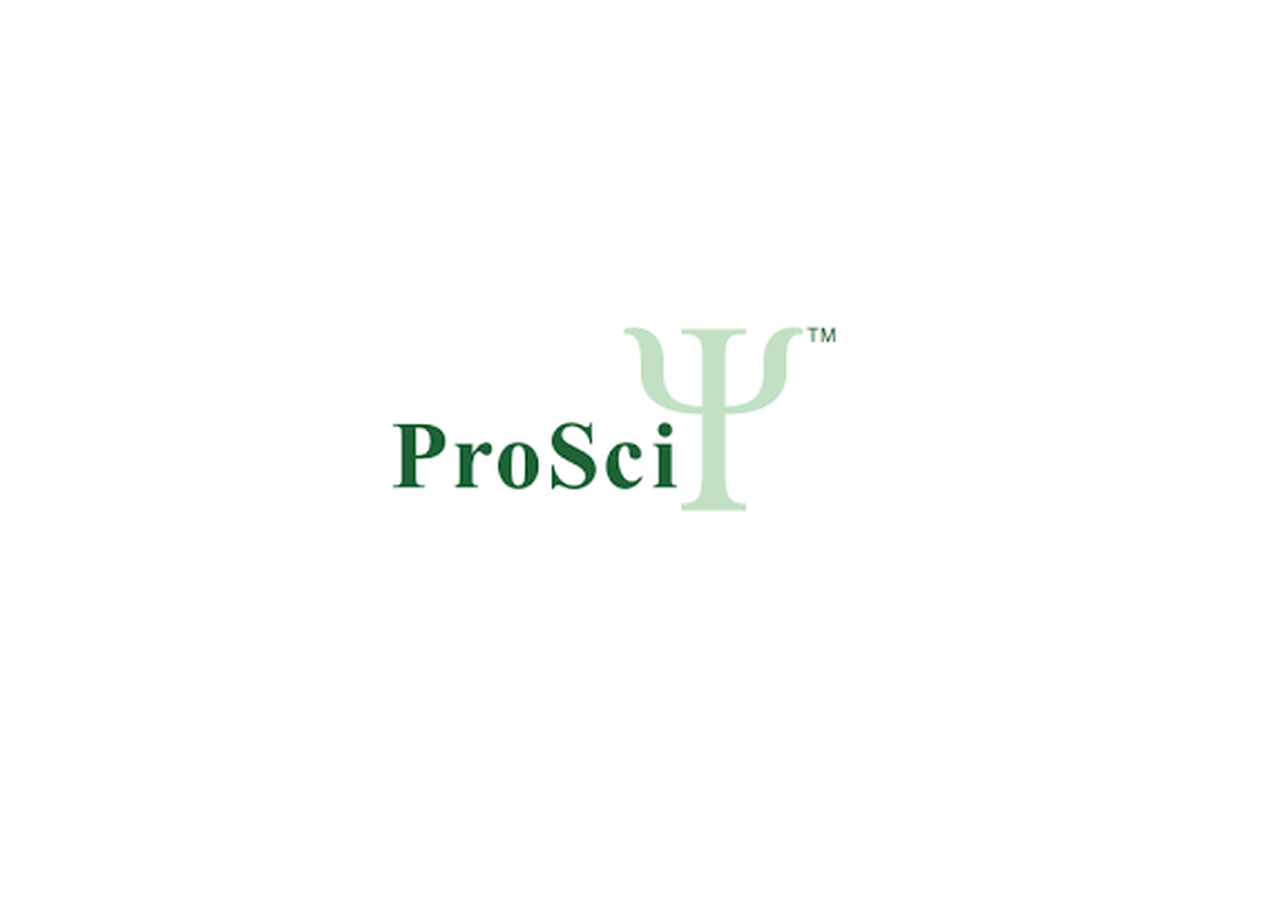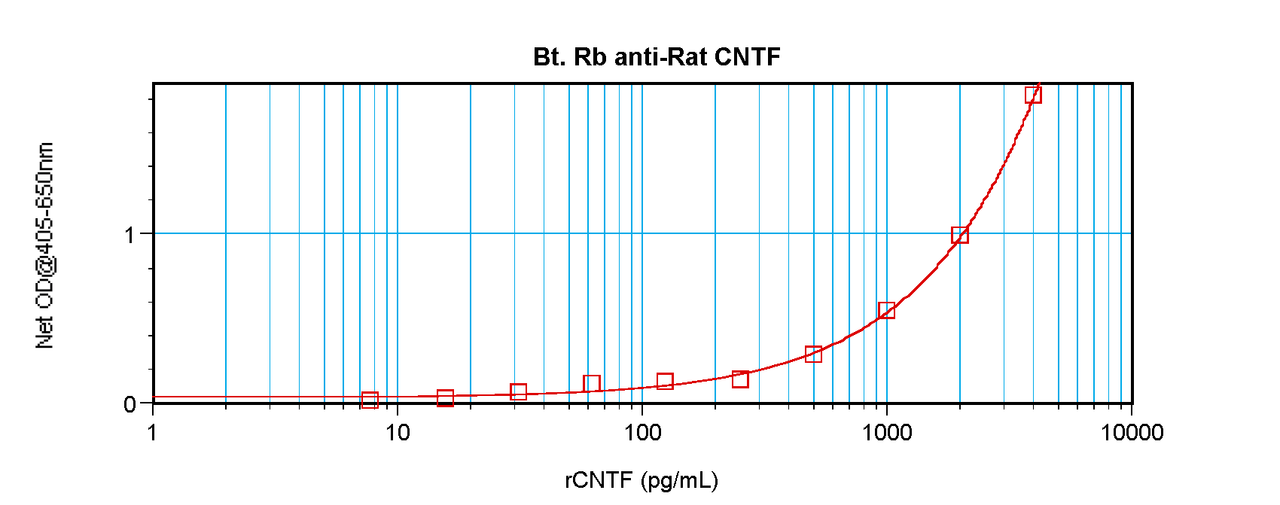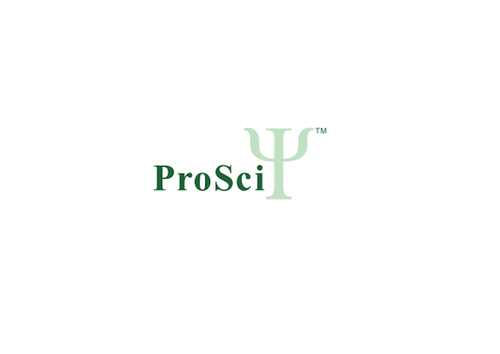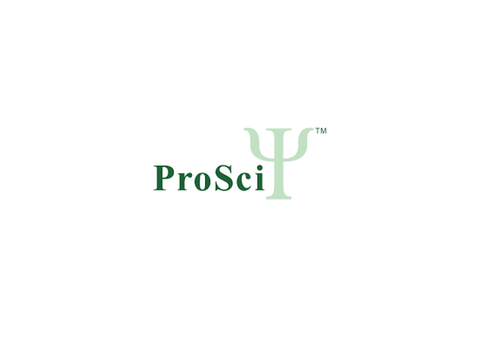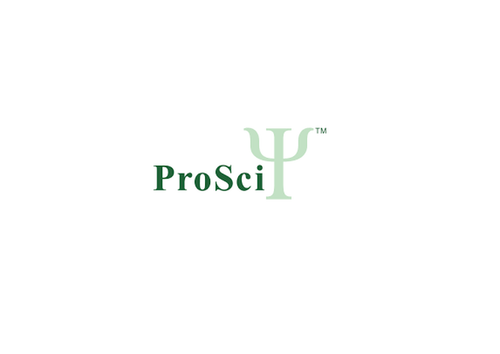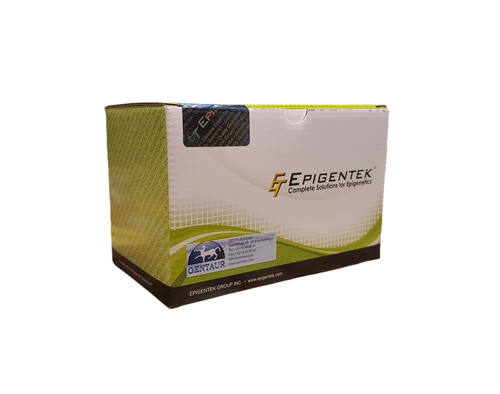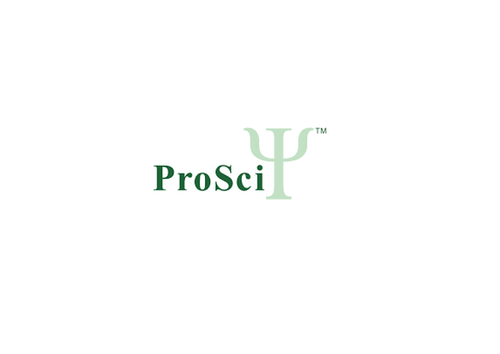Product Description
CNTF Antibody (biotin) | XP-5114Bt | ProSci
Host: Rabbit
Reactivity: Rat
Homology: N/A
Immunogen: Produced from sera of rabbits pre-immunized with highly pure (>98%) recombinant rat CNTF (rat CNTF) .
Research Area: Chemokines & Cytokines, Antibody Pairs
Tested Application: E, WB
Application: ELISA:
Sandwich: To detect Rat CNTF by sandwich ELISA (using 100 μL/well antibody solution) a concentration of 0.25 - 1.0 μg/mL of this antibody is required. This biotinylated polyclonal antibody, in conjunction with our Polyclonal Anti-Rat CNTF (XP-5114) as a capture antibody, allows the detection of at least 0.2 - 0.4 ng/well of recombinant Rat CNTF.
Western Blot:
To detect rat CNTF by Western Blot analysis this antibody can be used at a concentration of 0.1 - 0.2 mg/mL. Used in conjunction with compatible secondary reagents the detection limit for recombinant rat CNTF is 1.5 - 3.0 ng/lane, under either reducing or non-reducing conditions.
Specificiy: N/A
Positive Control 1: N/A
Positive Control 2: N/A
Positive Control 3: N/A
Positive Control 4: N/A
Positive Control 5: N/A
Positive Control 6: N/A
Molecular Weight: N/A
Validation: N/A
Isoform: N/A
Purification: Anti-rat CNTF specific antibody was purified by affinity chromatography and then biotinylated.
Clonality: Polyclonal
Clone: N/A
Isotype: N/A
Conjugate: Biotin
Physical State: Lyophilized
Buffer: N/A
Concentration: N/A
Storage Condition: CNTF antibody is stable for at least 2 years from date of receipt at -20˚C. The reconstituted antibody is stable for at least two weeks at 2-8˚C. Frozen aliquots are stable for at least 6 months when stored at -20˚C. Avoid repeated freeze-thaw cycles.
Alternate Name: Ciliary neurotrophic factorCNTF
User Note: Centrifuge vial prior to opening.
BACKGROUND: Ciliary neurotrophic factor (CNTF) is expressed in glial cells within the central and peripheral nervous systems. CNTF stimulates gene expression, cell survival or differentiation in a variety of neuronal cell types such as sensory, sympathetic, ciliary and motor neurons. CNTF itself lacks a classical signal peptide sequence of a secreted protein, but is thought to convey its cytoprotective effects after release from adult glial cells by some mechanism induced by injury.
 Euro
Euro
 USD
USD
 British Pound
British Pound
 NULL
NULL

